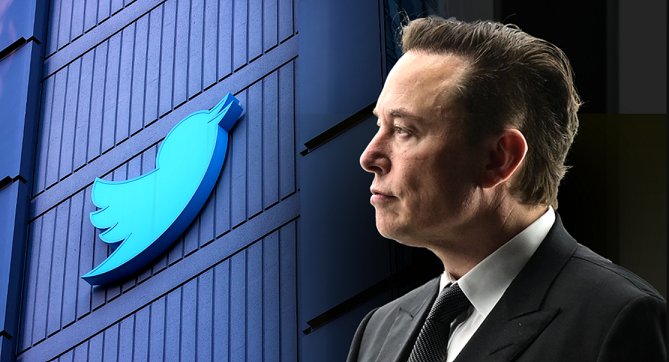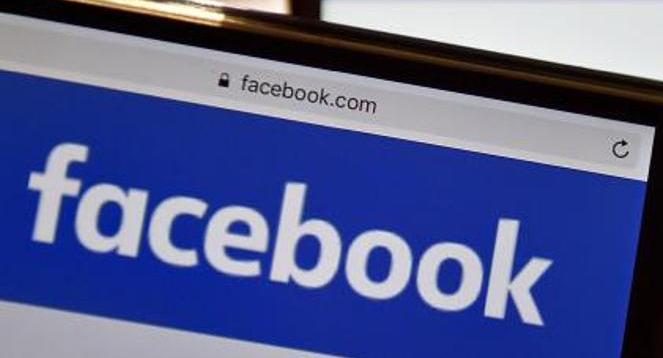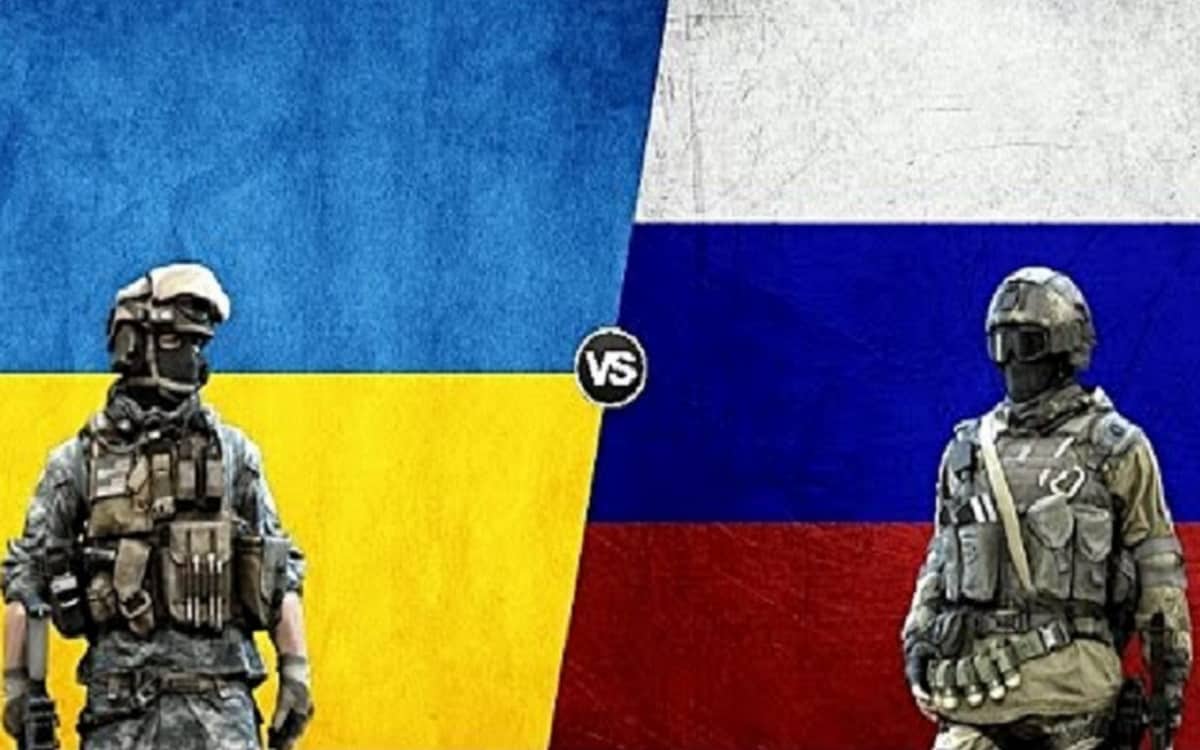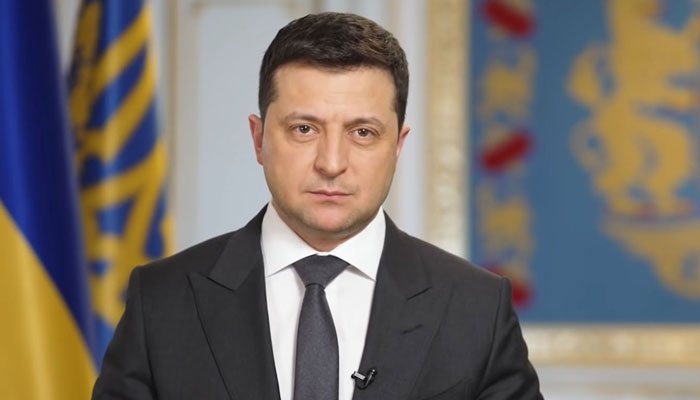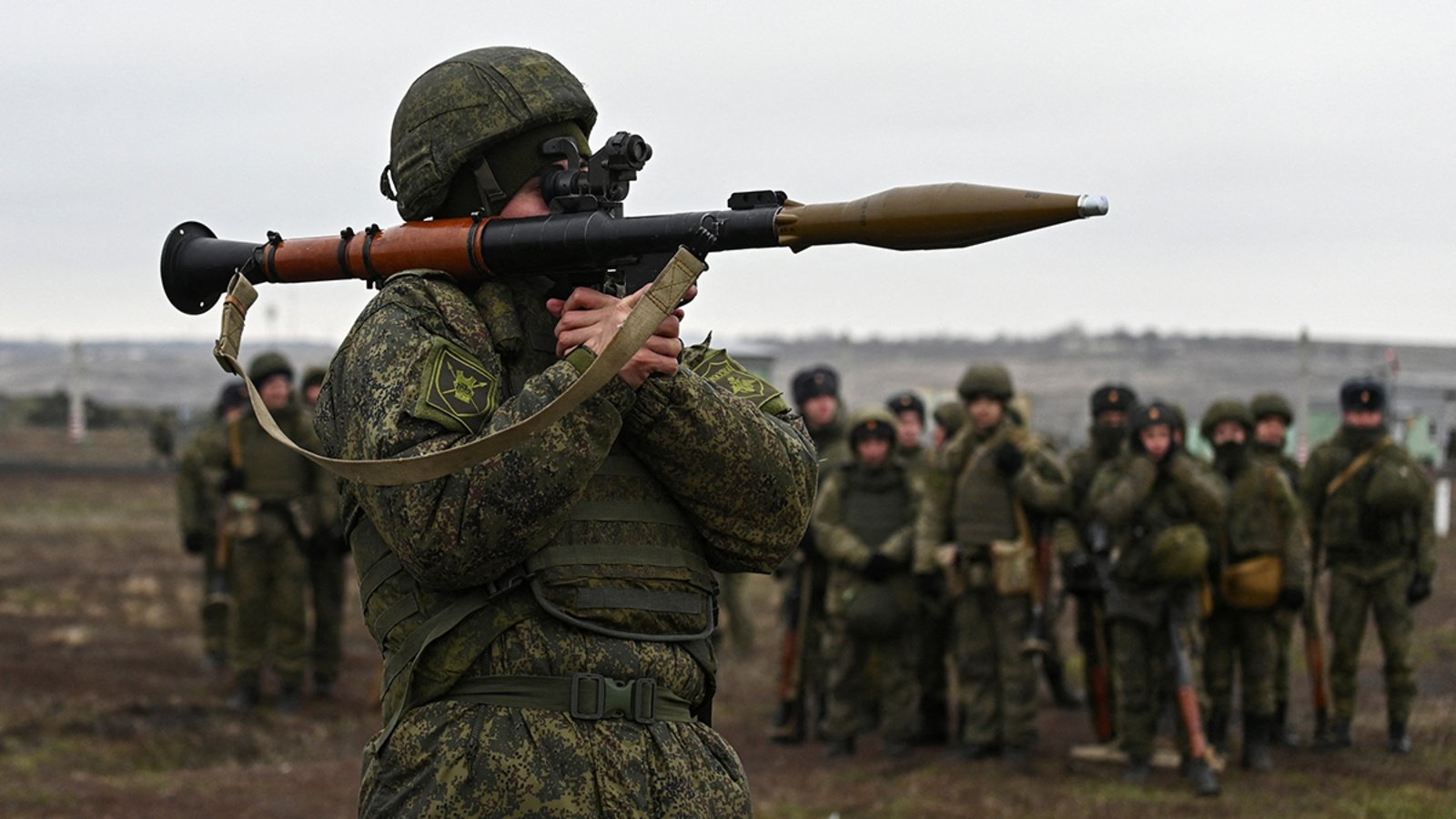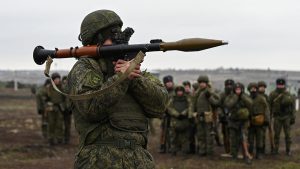By Owei Lakemfa
Twenty seven European countries under their European Union, EU invited @ five African countries under the African Union, AU to a two-day feast to showcase their legendary ‘partnership’ which is the oldest in contemporary history.
The feast was from February 17-18, 2022. I was not enthusiastic about the event because there is always a catch, and I was not to be disappointed especially on the main issue of Covid-19 and the life-saving vaccines.
My position on the partnership between both continents is not because I am a pessimist, of course, I am not! Rather it stems from our centuries long friendship with the European establishment.
Historically, the partnership between the two sides had been like one between the sheep and the fox in sheep clothing. This began as trade in commodities, then to that in humans which today, is mainly responsible for the spread of the Black skin in the Caribbean and the United States.
Then there was no trade at all as the Africans became the colonized and the Europeans, the colonisers. The latter felt it had a natural right to lord it over all other peoples including the right to take their resources without payment or compensation.
In the case of Belgium, which was the venue of the 2022 meet, its King Leopold II made no pretentions that its colonisation was to civilize the uncivilized, spread the Christian gospel and ‘free trade’ He was honest to show that colonialism was not just an unconscionable one-eyed pirate and bandit but that the Congo was a mere “ personal undertaking”
To extract maximum loot from the Congo, the Belgians massacred over fifteen million Africans. After the Democratic Republic of Congo became independent on June 30, 1960, its post independent government under elected Prime Minister Patrice Lumumba was allowed to stay for only three months (June-September, 1960) before being overthrown in a Belgian coup assisted by its British and American first cousins.
Just to mention one more of Africa’s oldest partners, France. When our Algerian brothers and sisters demanded independence, France massacred about two million of them.
About six decades after many African countries became independent, France continues its strangle hold on them including controlling their purse strings. It is also noted for its half-hearted defence of African interests in places like Chad, Cote d’ Voire, Burkina Faso, and its ongoing altercation with Mali in Bamako over the war with terrorists.
The more recent Economic Partnership Agreement, EPA between the EU and Africa had been problematic over the years mainly due to resistance by Nigeria. It is what I call an agreement between the horse and the horse rider; one in which in the name of free trade and partnership, Europe is striving hard to recolonize the continent. A coalition of 19 critical organisations in Africa exposed the EPA as basically, an attempt by the EU to “recycle” and “transfer funds already provided for by simply changing the heading.”
To break the African resolve against the EPA, the EU which came as a single group, first carved Africa into different regions, then individual countries for negotiations.
The 2022 conference was preceded with tantrums by the Moroccan monarchy which over the years had tried to colonize its Western Sahara neighbour and has been looting its resources including phosphate and fisheries which it shared with some EU members.
Morocco in a February 14, 2022 two-page protest letter to the EU, raged against the participation of Western Sahara claiming that the country is led by blood thirsty terrorists. But the EU thought it better to ignore the monarch.
The AU was upbeat about the meeting. Fred Ngoga Gateretse, head of its Conflict Prevention and Early Warning Division, said unlike in the past, Africa would not acquiescence to EU proposals. He added: “What you want from Africa, you should also expect Africa to want from you.” Africa he said looks forward to a partnership of equals that: “maximizes our ability to benefit from our own resources.”
As the conference drew near, some underdeveloped countries like South Africa sought to focus attention on the ravaging Covid-19 pandemic. They asked the EU which has said it is more than willing to assist Africa in fighting the pandemic, to allow the production of Covid-19 generic drugs and vaccines which would crash their prices and make them available to all. But the EU refused to allow this mass life-saving request. Rather, the European countries and companies want to make maximum profit from the vaccines even if many are to loose their lives in the continent. So much for ‘partnership’
At the conference proper, EU President von der Leyen was full of the usual rhetoric begining with a declaration that as: “Africa sets sail on the future, the European Union wants to be Africa’s partner of choice.” In declaring that: “The European Union is the first trading partner and the first investor in Africa.” the EU dangled before the African Heads of State, a EUR 150 billion investment carrot called the Global Gateway.
The EU promised to share at least 450 million Covid-19 vaccine doses. But on the life-saving request to allow a waiver which would give Africa the opportunity to locally manufacture the vaccines and related drugs, the EU refused, but wrapped this in beautiful words: “We have different ways to reach that goal. There must be a bridge between those two ways.” It said, it would bring in the WTO, Director-General Ngozi Iweala to lay out the rules.
In the communiqué, the African leaders agreed with the EU not to attempt manufacturing vaccines locally as: “The immediate challenge is to ensure a fair and equitable access to vaccines.” So the EU’s sense of equal partnership on Covid-19 vaccines, is for its companies to manufacture the vaccines, make huge profits even if it will cost African lives, buy some of the vaccines and donate to Africa.
This was the same attitude of the Europeans when the HIV/AIDS pandemic broke. There were cheap anti retroviral drugs which could save millions of lives, but the EU forbade Africa from producing or using them. It threatened to wreck any country that dared do so. For it, it is huge profits before life. But when South Africans were dying like flies, its then President Nelson Mandela dared the EU and started the production of the drugs which ultimately saved the lives of millions of people in Africa and the Third World countries. What we need is a leader with the courage of Mandela to call off the EU bluff on the Covid-19 vaccines.
It is obvious to me that whenever Africa is invited to dine with the EU, and it cannot decline the offer, it should do so with a long spoon.

